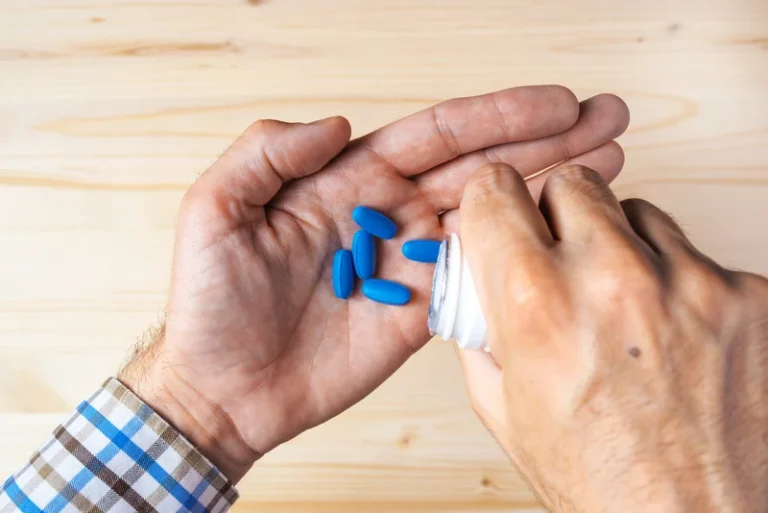The physical health of people who inject drugs: complexities, challenges, and continuity PMC

A repeated or temporary lapse in safe injection practices was a recurring theme, often in relation to the severity of addiction, feelings of hopelessness, and vulnerable social situation. Similarly, as reported by others, participants described putting https://ecosoberhouse.com/ on hold safe injection practices often when “sick” from opioid withdrawal [37]. Those challenging periods undermining PWID willingness to inject safely likely increased opportunities for bacterial introduction during the injection process.

Video: Why are Drugs So Hard to Quit?
- On average, approximately 80% of people do not exhibit any symptoms of hepatitis.
- This toxin is thought to cause the symptoms of cotton fever, but it is not something that causes a lasting effect in the body.
- Drugs change the brain in ways that make quitting hard, even for those who want to.
- It will probably be painful and become swollen, and the effects of your drugs will come on much more slowly.
- In addition to the bloodstream, septic arthritis can develop from a penetrating injury that causes germs to enter the joint from a puncture directly.
- In some cases, multiple medications or therapies are administered through the same IV line.
Intravenous therapy (abbreviated as IV therapy) is a medical technique that administers fluids, medications and nutrients directly into a person’s vein. The intravenous route of administration is commonly used for rehydration or to provide nutrients for those who cannot, or will not—due to reduced mental states or otherwise—consume food or water by mouth. It may also be used to administer medications or other medical therapy such as blood products or electrolytes to correct electrolyte imbalances.
What are the risks of taking opioids by IV?
Drug addiction, also called substance use disorder, is a disease that affects a person’s brain and behavior and leads to an inability to control the use of a legal or illegal drug iv drug use or medicine. Substances such as alcohol, marijuana and nicotine also are considered drugs. When you’re addicted, you may continue using the drug despite the harm it causes.
Other physical health issues
Some participants that visited needle exchanges received alcohol swabs as part of their drug kit although reported use was sporadic, even in those with prior personal experience of SBI. Injection-related SSTI, particularly superficial uncomplicated abscesses, were common among participants. Several participants reported injection site abscesses within the preceding 4 weeks prior to admission for SBI. Seeking medical care for injection-related SSTI was rare and participants opted for self-treatment given perceived minimal risk, frequent occurrences, and favorable outcomes in the past.
But drugs such as opioids, amphetamines, methamphetamines, and cocaine are also taken intravenously. Rates of needle sharing among injecting drug users have declined during the 21st Century, leading to a decrease in viral infections from this transmission method. IV drugs damage veins due to the nature of repeated injections, often in the same areas. This is further complicated and exacerbated by poor injection technique, infections, and irritation from chemicals.
Skin Ulcers

- These drugs can produce a “high” similar to marijuana and have become a popular but dangerous alternative.
- The combination of immediate sensation, intense euphoria, and a shortened high result in higher instances of intravenous drug users engaging in bingeing behavior.
- Lack of appropriate hygiene, storing of used (contaminated) syringes, re-using and sharing equipment, use of non-sterile drug diluting fluid, can provide opportunities for introduction of bacteria during the injection process.
- While IV opioids are not the first-line treatment for many conditions, doctors use them in certain situations, like during or after surgery, or if someone cannot take medication by mouth for any reason.

Blood-borne virus infection
